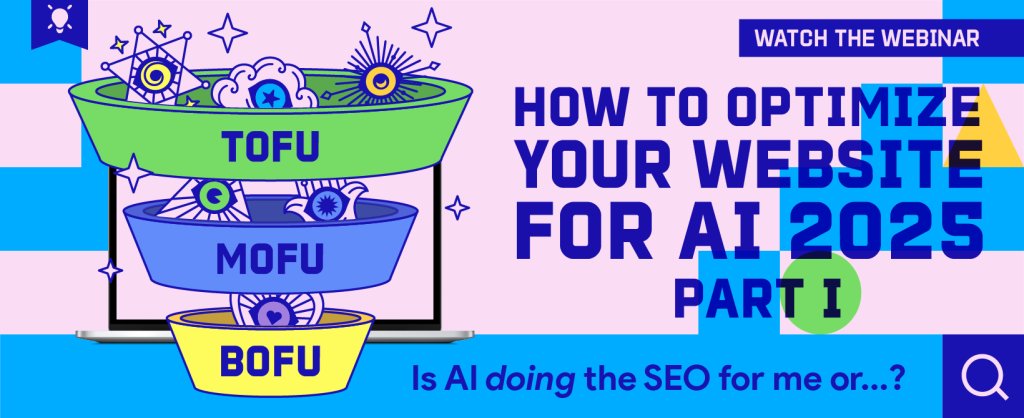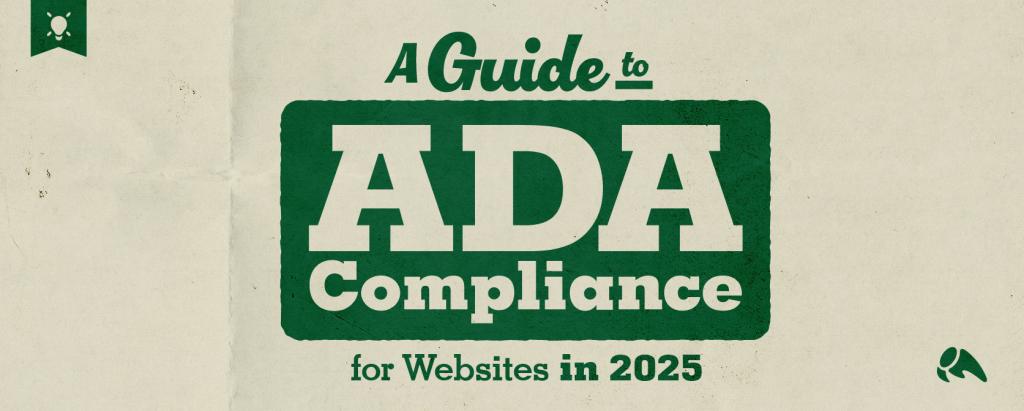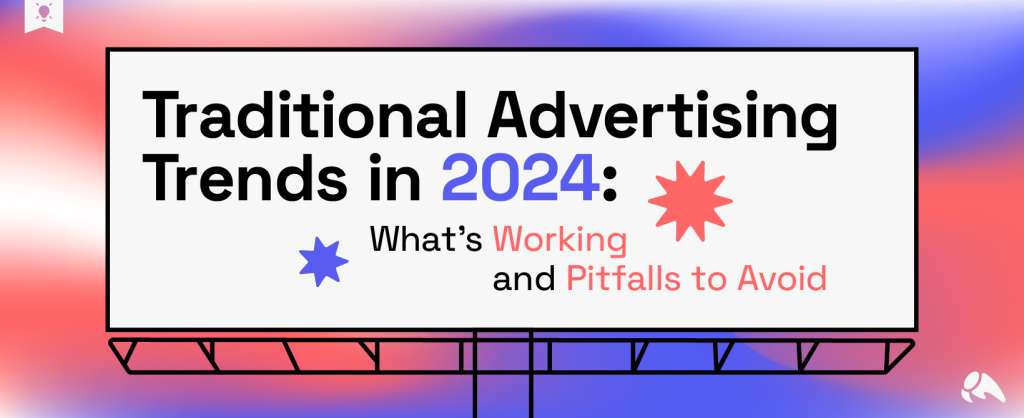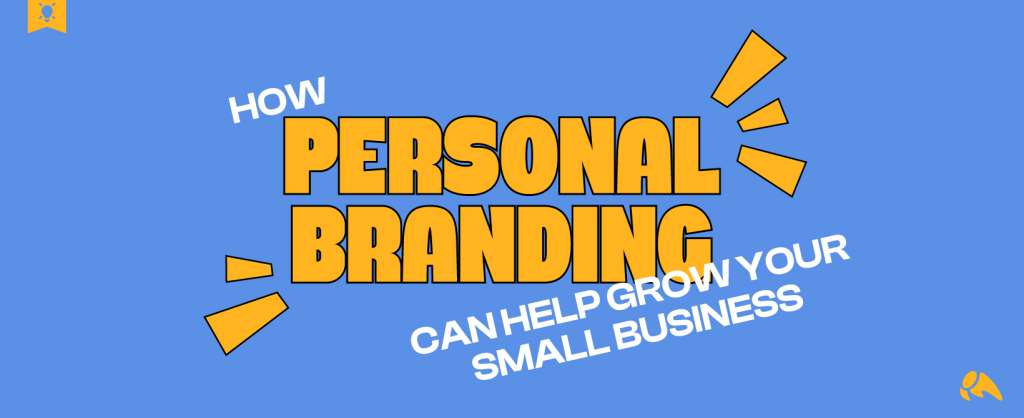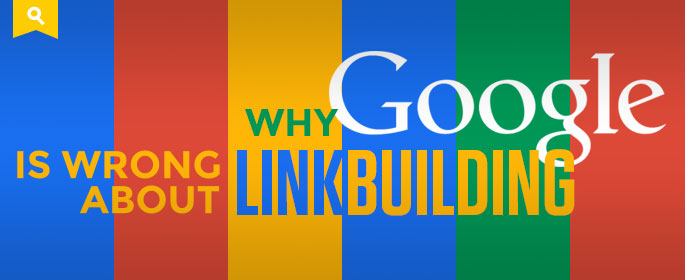
“In general, I’d try to avoid that.”
Avoid what, you ask?
Linkbuilding. That was the advice Friday morning from Google’s John Mueller when asked, “Is link building in any way good?” (you can find the complete transcript here).
“We do use links as part of our algorithm but we use lots and lots of other factors as well. So only focusing on links is probably going to cause more problems for your web site that actually helps.”
Google’s John Mueller is probably having a good chuckle at this one: http://t.co/OF7v70RQb7 #seo #linkbuilding pic.twitter.com/10sPD6uaob
— (not provided) (@YoungbloodJoe) February 16, 2015
Hold on a second… before you start thinking links aren’t important, all signs point to backlinks continuing to be hugely important to a website’s ranking factors. Links improve your visibility, your reach and build your reputation – not just in the search engines, but with living, breathing users. Links are important, and linkbuilding doesn’t have to be a dirty word.
In some aspects, we agree with John. Linkbuilding can’t happen in a silo (have you met us? We’re big fans of integrated marketing here at Overit). And linkbuilding performed purely to manipulate search isn’t done with the most natural, for humans-not-search-engines, methods. That’s often where the penalties start to stack up.
But, “In general, I’d try to avoid that.” That’s the line that’ll stick with people. The line a potential client may hear and latch on to. Because Google said it, so they won’t be needing linkbuilding. And then we, the SEO (and marketing, in general) professionals, sigh, afraid of the uphill battle to come.
So let’s clear some things up.
Linkbuilding Isn’t Bad. Your Methods (Maybe) Are.
Linkbuilding is good, when done properly. If done naturally. Having a linkbuilding strategy is incredibly beneficial to your search engine optimization efforts. For the people – the real people! – that need to find the information you’re offering.
For most brands, it’s necessary. Good linkbuilding is good relationship building.
So, how do you acquire, or earn, good links?
You provide content that helps people. People are looking for content on a particular topic, or they want to find a resource to share with their own audience. They see the terrific resource you created, and link back to your resource from their site. Perfect.
You become an oft-cited authority. You (and your company) have years of experience within your industry. You know your stuff. Share what you know. Speak to communities online that you can educate and influence. Contribute articles (good, high-quality, well-placed guest content – not spam). Be quoted.
You invest in a media relations strategy to get your brand in top-tier and niche media outlets.
You monitor your brand online for unlinked mentions and turn those mentions into links when warranted (and only when warranted). You reclaim links that are broken.
You speak at industry events.
- You invest in building relationships – with your customers, with those in your industry, with the media, with partners and with anyone else your business comes into contact with.
You do something extraordinary, and people talk about it. Events, news, announcements, publicity stunts… these things might not necessarily be done for their SEO impacts, but they should absolutely benefit your backlink profile. If people are covering what you’re doing, make sure that coverage links back to your website.
Now, does this mean you don’t need a “linkbuilder?” That you can do everything else and your SEO will benefit? We wouldn’t say that. You need someone to be paying attention to the links you have, the shape of your website and its performance. You need an expert who understands what existing links from eight years ago are going to get you penalized and what topics you might build buzz or content around to get you new links. You need someone who’s going to identify what people are looking for, engaging with, sharing, quoting… that person is a critical part of your marketing team.
As Matt Cutts said, “Linkbuilding is sweat plus creativity.” You can’t rely on gimmicks anymore for longterm linkbuilding success. You need a serious, integrated SEO strategy that benefits your brand, your audience and your website. It all goes together.
Linkbuilding today boils down to one basic concept: Provide information people need. Solve a problem people have. Do cool things that make people want to talk about you, but then make it easy for them to do so. Help them to find your content and to share it.
That’s where your PR, social, SEO and your other marketing efforts come in. These are the things that are going to build links. Creating great stuff doesn’t matter if no one finds it and if you don’t encourage people to see it.
Done well, and as part of a larger marketing strategy, the links will follow and you won’t have to (or want to!) resort to spammy linkbuilding techniques. But avoid linkbuiding? Never. Instead, find the most effective and efficient linkbuilding strategy to help you do it better.
